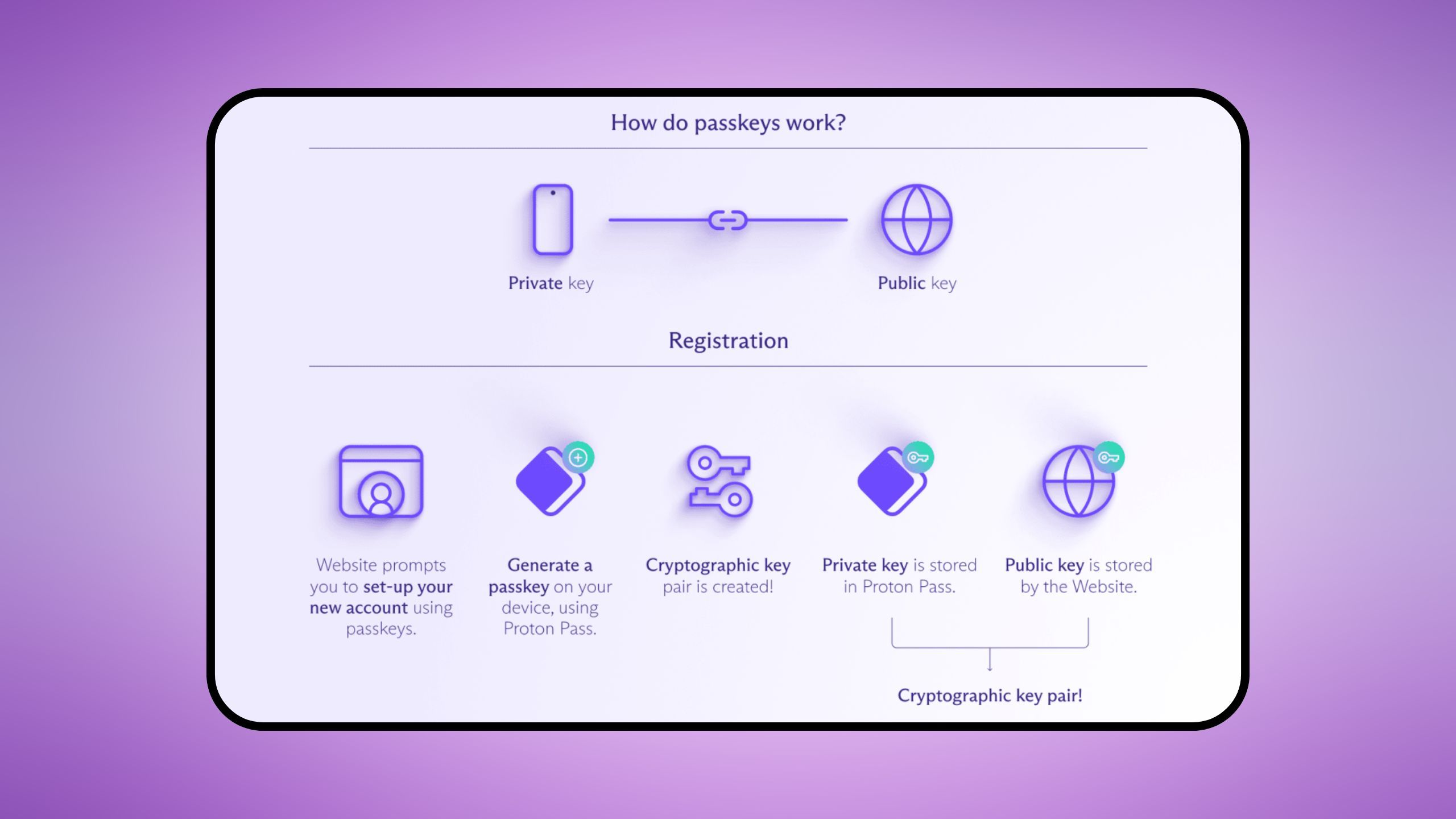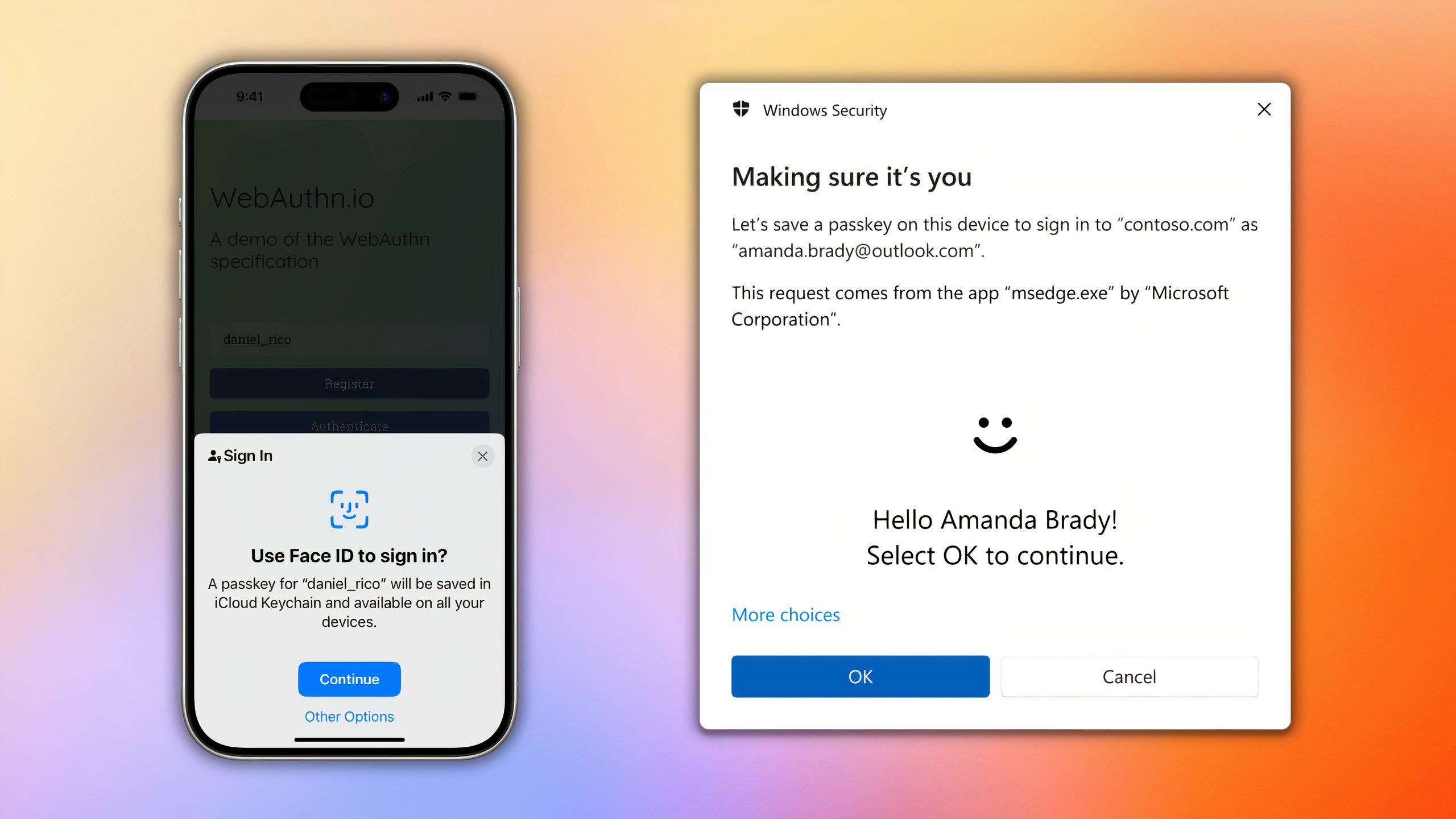Summary
- Passkeys are a relatively new system that promises to put an end to annoying account passwords once and for all.
- For the most part, passkeys genuinely simplify and streamline the login process.
- Passkeys are only just starting to gain momentum, but I’ve already made the switch — here’s why I happily ditched my old-school passwords.
For as convenient and powerful as the
internet
is, it brings with it one major nuisance: the need to juggle large numbers of passwords. Over time, password requirements have gotten more complex, in an effort to ward off hackers and data breaches from occurring. It’s all too easy to forget a password, or to set-and-forget an unsecure, easily guessable one.
Thankfully, this status quo is in the process of being entirely upended, and it’s all thanks to a next-generation technology known as
passkeys
. As a full replacement for passwords, passkeys are stored on-device, and they rely on the PIN and
biometric authentication
tools that you already use to unlock your phone or PC on a daily basis.
I, for one, am looking forward to the day I can ditch every last one of my passwords in favor of a passkey. Today, most users are still reliant on passwords, but I reckon this will begin to change in the next 5 or so years. In the meantime, I jumped the gun and made the switch as early as I could. Aside from being able to say I used passkeys before it was cool, here are three
major factors that convinced me to make the switch.
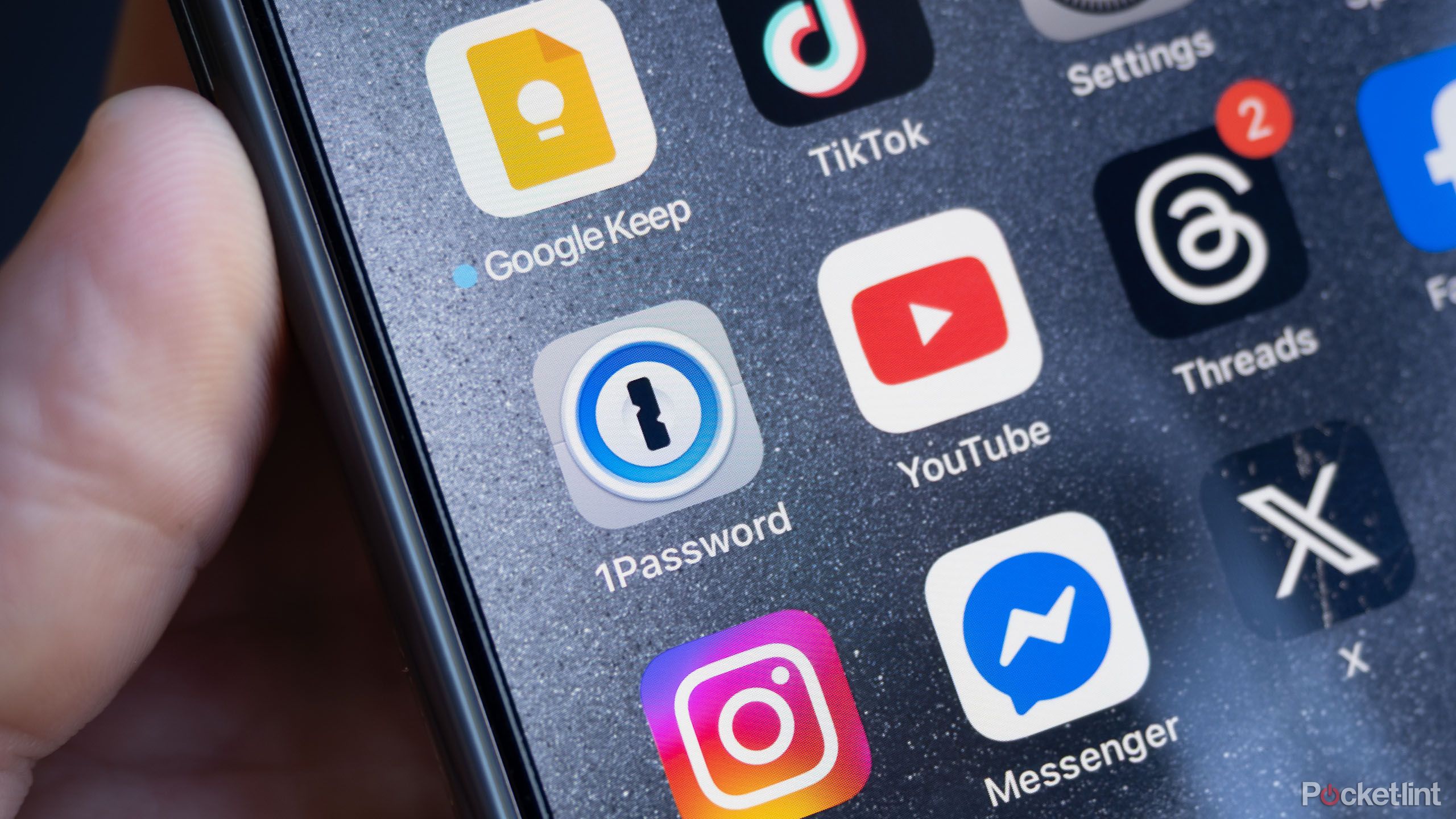
Related
Welcome to World Password Week 2025: learn how to better secure your accounts
Throughout the next few days, you’ll hear learn how Pocket-lint’s experts keep their accounts secure.
1
They’re extremely convenient
Biometric sensors are fast, secure, and ubiquitous
Pocket-lint / Google
Since passkeys rely on biometrics and PINs for authentication, they’re a lot easier to interface with than a traditional password setup. For the most part, using a passkey is something that ‘just works,’ — a byproduct of the ubiquity of
facial unlock
sensors found on our modern smartphones, tablets, and PCs.
As passkeys gain momentum, they’ll only become more convenient. Eventually, when the majority of websites and services with an account login system have transitioned away from passwords, the need to rely on dedicated passwords, authenticator codes, and other such hoops will (hopefully) fade into history. I’m excited for this day to arrive, which is why I’ve already switched as many of my accounts over to passkeys as possible.
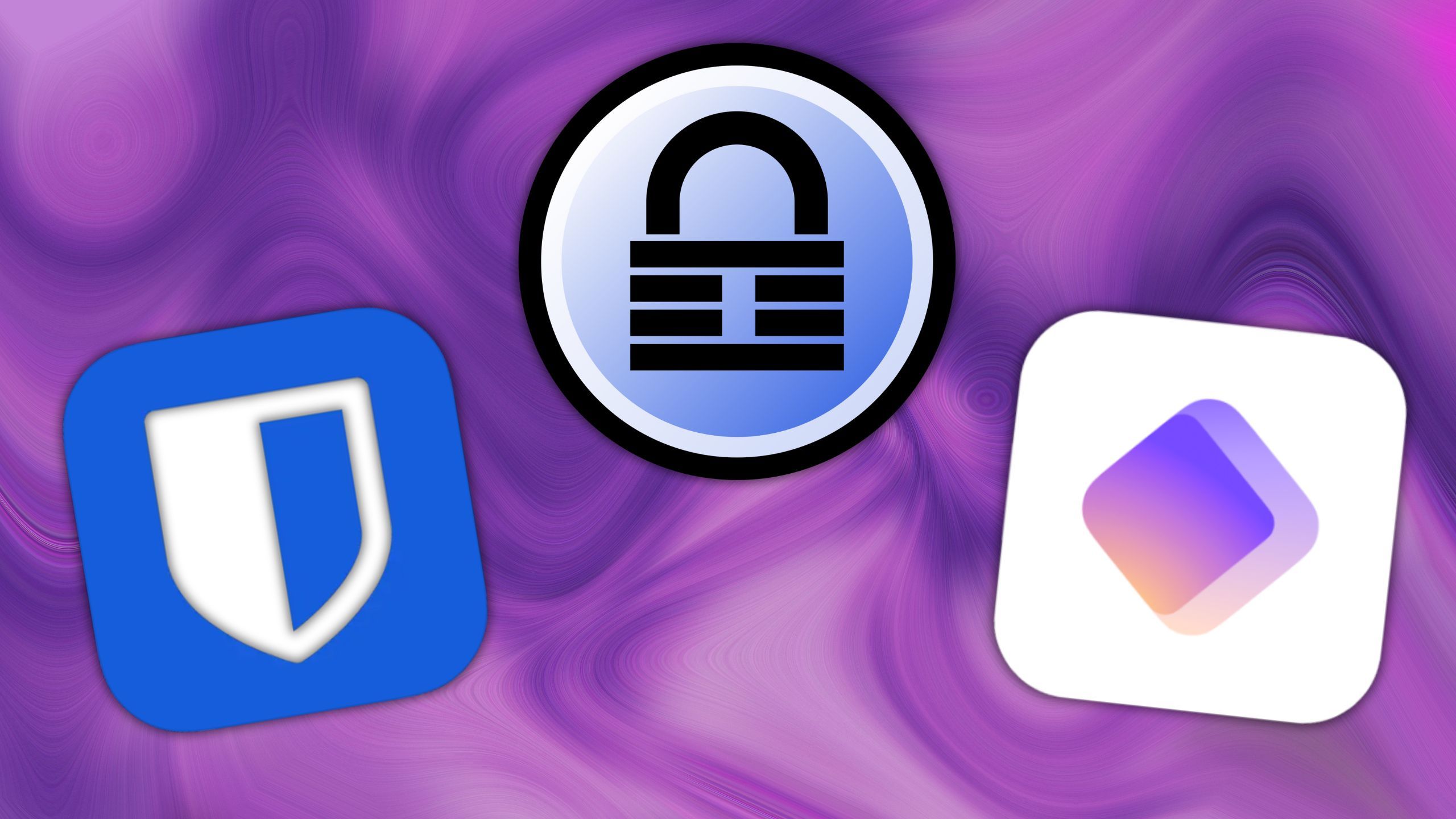
Related
5 great password managers that make securing my online accounts easy
Password managers are an excellent way to streamline and fortify your online credentials – here are 5 solutions that excel at the task.
2
They’re the future of authentication
I’ve chosen to jump ahead of the curve
Pocket-lint / Proton
Passkeys might be a relatively new solution for authenticating on the web, but all the big tech brands are pushing hard to make them the future of account logins. Aside from the aforementioned convenience factor, passkeys are a safer and more secure option when compared to traditional passwords. Since they rely on cryptography, they can’t be hacked, stolen, or phished.
Passkeys also remove the human tendency of reusing the same passwords across multiple accounts, and picking
predictable strings of digits
(such as birthdays, names of loved ones, or numbers and letters that sit close to one another on a keyboard). With the backing of powerful tech companies and platform holders, the writing is on the wall for traditional passwords, and so I’ve opted to jump ahead of the curve.

Related
How to easily access your saved Google Passwords on iPhone, Android, and PC
Google’s password manager is an invaluable feature to have at your disposal – here’s how to streamline access to the tool on iPhone, Android, and PC.
3
The transition process is painless
Most major operating systems already support passkeys
Pocket-lint / Apple / Microsoft
Part of why I’m so certain of a passkey-filled future is that the technology is already baked right into every mainstream platform and operating system.
Apple
started supporting passkeys in iOS 16 and macOS 13 Ventura, and
Google
rolled out support for them in Android 9 and ChromeOS 109.
Microsoft
, meanwhile, introduced a native interface for managing passkeys in Windows 11 version 22H2.
All major web browsers also support passkeys, including Google Chrome 109, Apple Safari 16, Microsoft Edge 109, and Mozilla Firefox 122. Android Police has published a comprehensive list of all the companies and websites that are currently on board with passkeys, and the list includes heavy hitters like Adobe, Discord, WhatsApp, Snapchat, eBay, Nintendo, Walmart, Uber, and countless others.
With so many high-profile backers, it’s proven fairly easy for me to transition my various online accounts over to a passkey-based login. The process is as simple as following on-screen prompts during an initial setup wizard, or heading into settings to manually make the switch on many of my existing accounts.
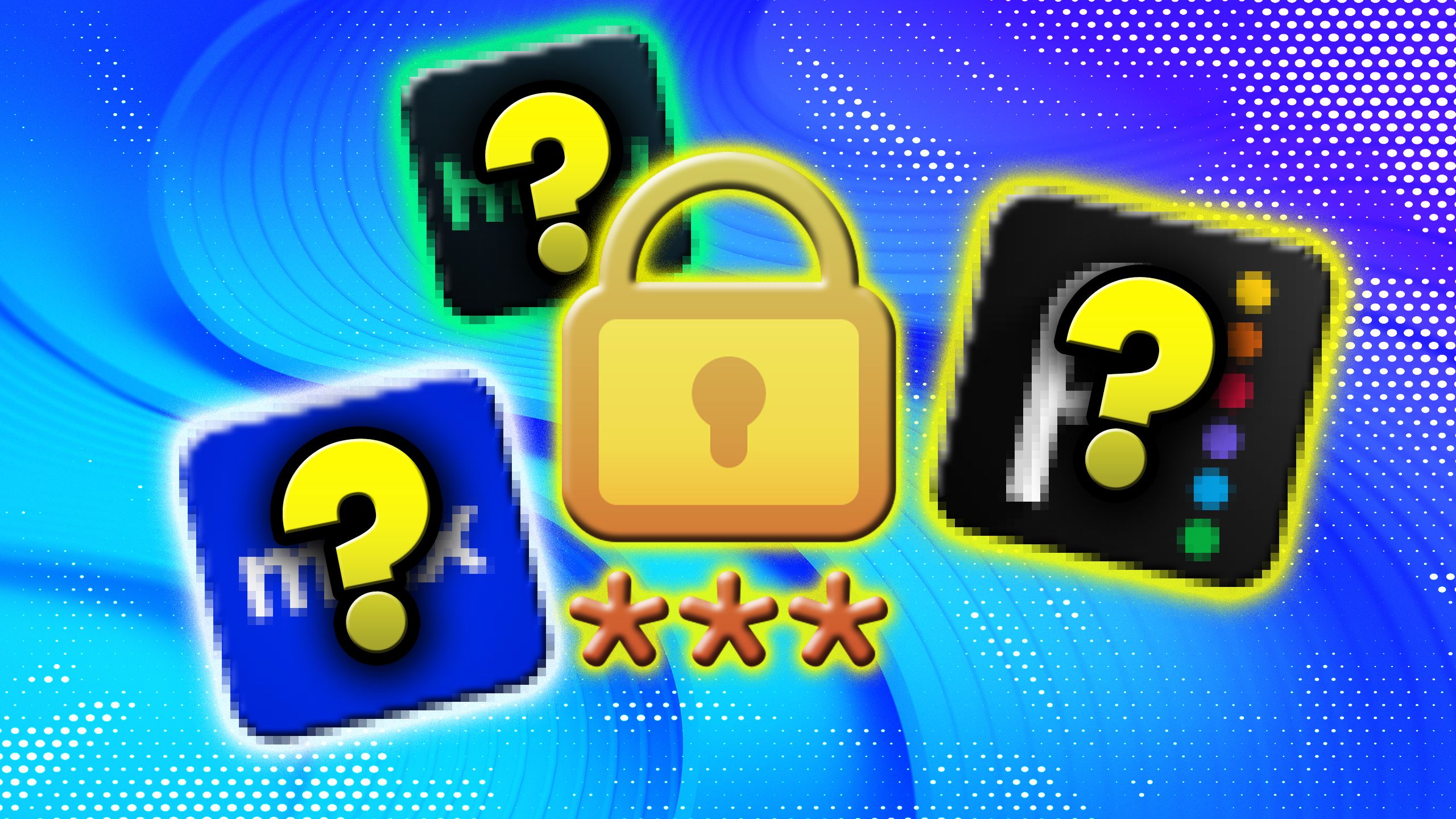
Related
4 streaming apps that still let you share passwords for free
The list is dwindling, but you can still share these streaming apps with friends and family.



